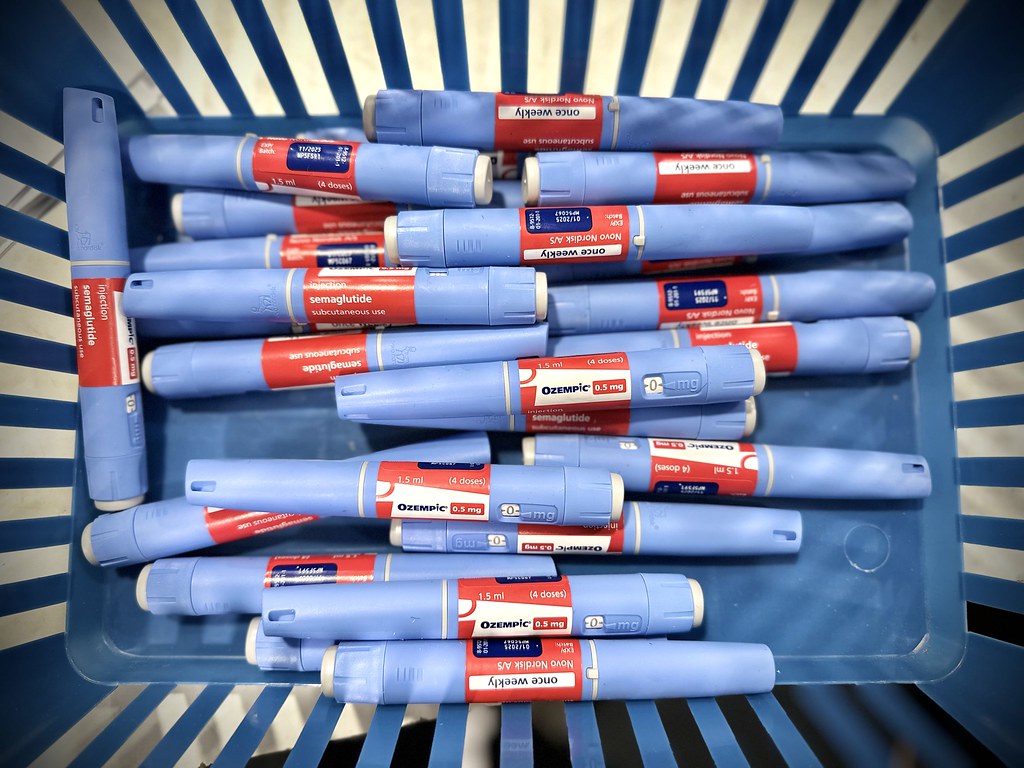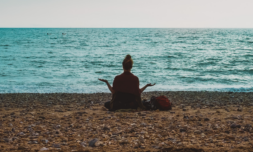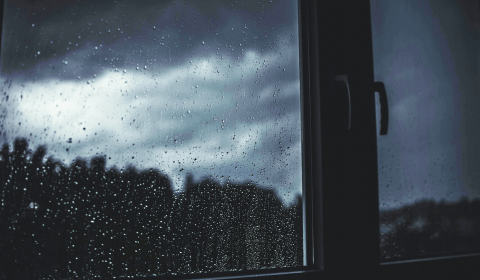According to a new study, around 9 per cent of adolescents – especially girls – have used non-prescribed diet pills, laxatives, and diuretics in their lifetime. As remarked by one of the authors, this is a ‘pretty big public health concern’ for young people around the world.
In 2023, social media inspired many of the ways we sought to improve our wellbeing – but not always for the better.
Some began self-diagnosing themselves after being bombarded with mental health content on TikTok.
Others focused perhaps too much on body image amid the ‘heroin chic’ resurgence and relentless influx of ‘what I eat in a day’ videos.
Most notably, discourse about weight-loss drugs spread like wildfire online, thought to be influenced by suspected reports of celebrities using them to shed a few pounds.
According to a database maintained by the US Food and Drug Administration, this amounted in an Ozempic shortage worldwide, leaving those truly in need of the medication unable to fill their prescriptions.
The Ozempic injection, which regulates blood sugar levels and insulin for patients with Type 2 diabetes by mimicking a hormone produced in the gut called GLP-1, shot to popularity due to its appetite curbing side-effects.
@aiiat #pharmacy #pharmacytiktok #pharmacist #pharmacytechnician #pharmacytiktok #pharmacyassistant💊 #ozempic ♬ original sound – Teigan💋✨
Today, the Ozempic hashtag has over one billion views, Variety has touted it as ‘Hollywood’s worst kept secret,’ Elon Musk has tweeted about it, and as people who don’t meet the indications for use continue scrambling to get their hands on it, risky alternatives have popped up in its place.
As a result of this craze, it’s recently been uncovered that almost one in ten teenagers have used harmful weight-loss products in their lifetimes.
This was revealed by a new global study published in the Journal of the American Medical Association, which after evaluating data from 604,552 children aged 18 and under who took part in 90 separate analyses from different countries, found that around 9 per cent of adolescents – especially girls – have used diet pills, laxatives, and diuretics without a prescription from a doctor.




















